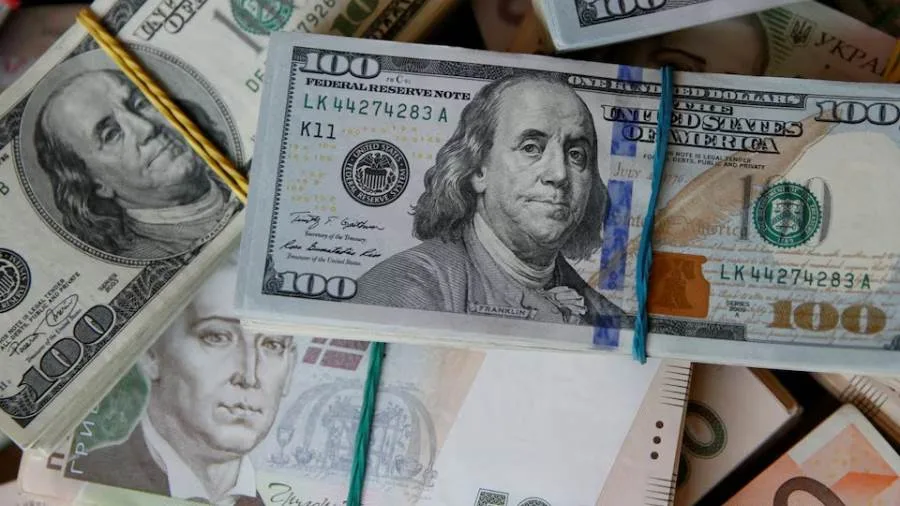Ukraine Considers Shifting from Dollar to Euro Amid Geopolitical Realignments

Ukraine is considering a strategic move to shift its national currency peg from the U.S. dollar to the euro, in response to significant geopolitical changes and its ongoing integration with the European Union. The announcement was made by National Bank of Ukraine Governor Andriy Pyshny in an interview with Reuters on Tuesday.
Pyshny emphasized that this potential realignment reflects a broader reassessment of the country’s monetary policy in light of the new international landscape. “Strategically, we need to explore the possibility of referencing our currency not to the dollar, but to the euro,” he said. “This reflects the reality of our economic and political trajectory toward EU membership.”
Ukraine, which was granted EU candidate status in 2022, has been increasingly reliant on support from European countries, particularly Germany and France. That growing relationship, coupled with the country’s struggle to rebuild amid the ongoing war with Russia, has prompted officials to reevaluate longstanding ties to the U.S. dollar.
“We are observing a fragmentation in global economic systems,” Pyshny noted. “The euro has become a more relevant anchor in our current strategic context.” He highlighted Moldova as a regional example, where the euro already plays an unofficial reference role for the national currency.
While the dollar remains the dominant global reserve and trade currency, Ukraine’s leadership sees the euro as a more suitable reference amid shifting alliances. However, Pyshny was clear that any such decision would be made cautiously. “This is not something we would rush. We will consult widely with international partners and monetary policy experts.”
The Ukrainian central bank is currently managing a complex financial landscape. In 2025 alone, the government expects to receive up to $55 billion in international assistance, underlining the continued importance of dollar-based support. As such, any shift in currency reference would need to consider the implications for foreign aid and financial markets.
Pyshny reaffirmed that the top priority remains maintaining macroeconomic and exchange rate stability. “We will proceed only if we are sure that this change will not undermine the confidence of our partners or destabilize the market.”
This consideration comes as a growing number of countries worldwide reassess their dependence on the U.S. dollar, particularly in light of its use as a geopolitical tool through economic sanctions. The trend reflects a broader fragmentation of the global monetary system and a shift toward regional economic alliances.
